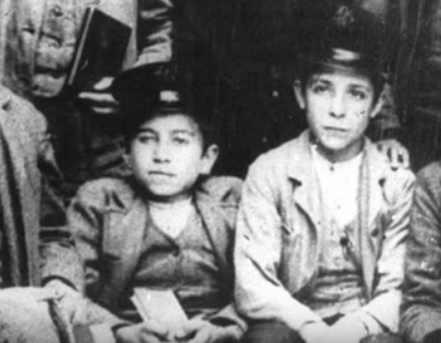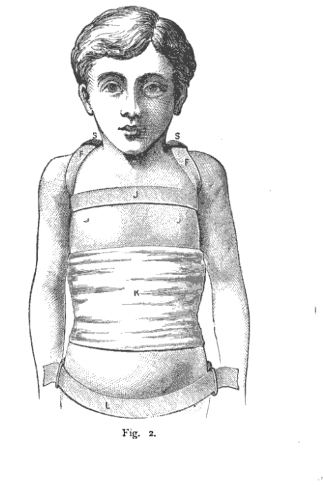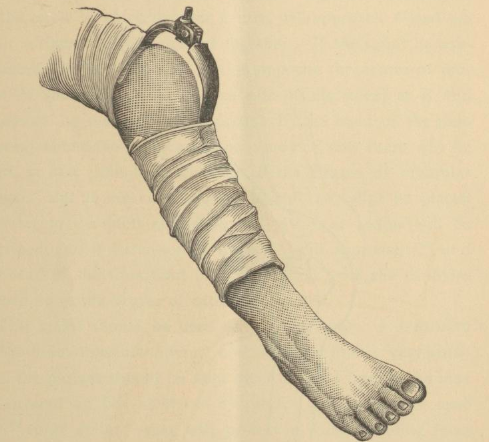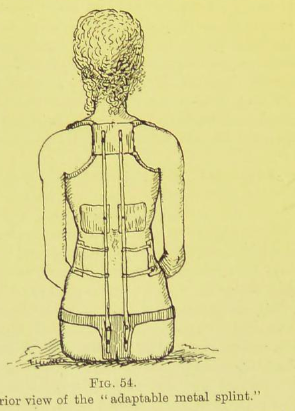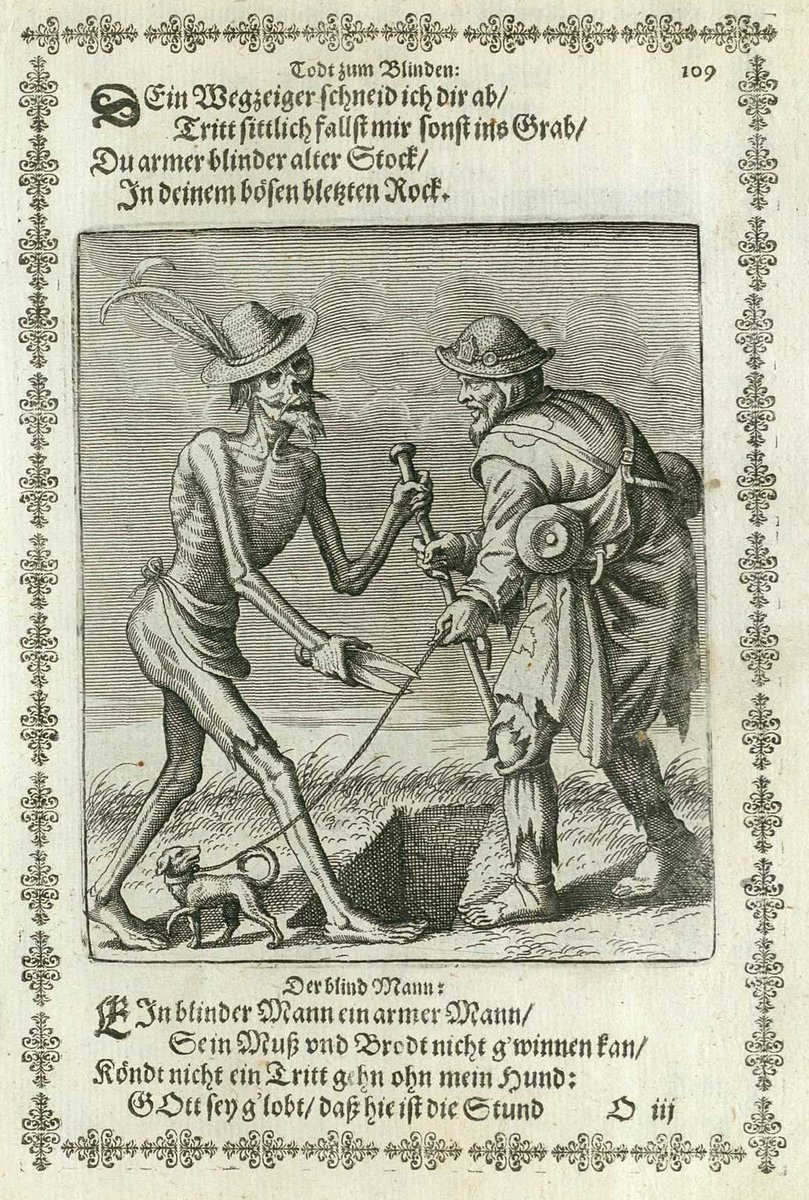1.
What does disability offer as a category of historical analysis? Why does #DisHist matter?
Here is an eg:
Born in Sardinia, Antonio Gramsci (1891–
1937) lived with physical disability, possibly due to Pott's disease (image not of him).../
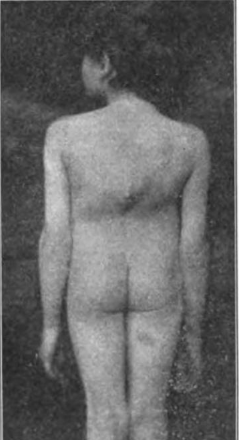
His mother held to the idea that he was disabled after a fall down a flight of stairs which she blamed on a servant. The young Gramsci lived with chronic pain, and his condition may have impacted his growth as well.
#DisHist #DisabilityHistory #histmed
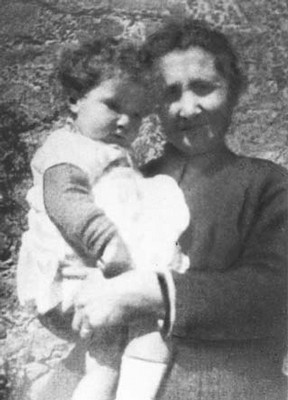
Gramsci's own writings describe how he was called a gobbo (hunchback) by those around him & described how his condition made him feel like an "intruder" in his family.../
#DisHist #histchild #histmed
Gramsci would also write letters to his wife where he described how difficult it was for him that as a 'gobbo' to make friends & how he wore a "mask of hardness" to cope.../
#DisHist #DisabilityHistory #histmed
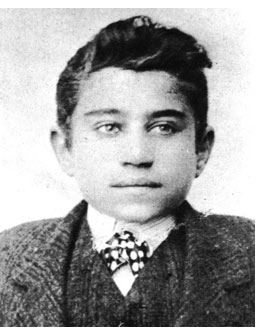
To what extent Gramsci's disability shaped his worldview we can never say with certainty. But he appeared more sensitive to disabled lives. For instance, he wrote a detailed account of an intellectually disabled teenage boy chained by his mother in a pigsty./
#DisHist
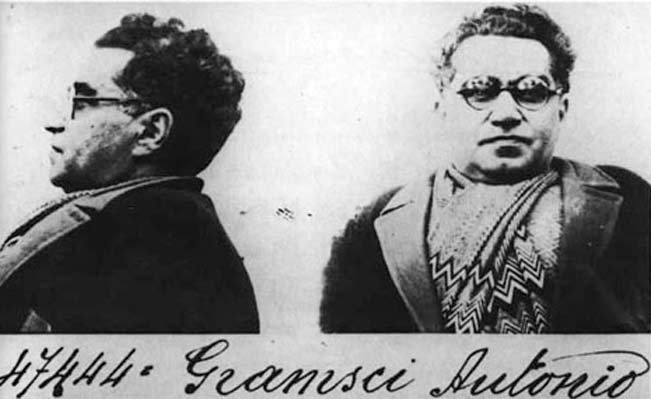
Without resorting to retrospective diagnosis, it is clear that Gramsci's everyday life was transformed by disability. What it means for a reading of his writings is another matter altogether.
End thread.

